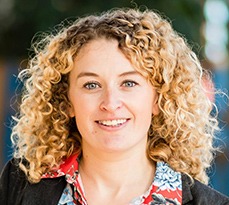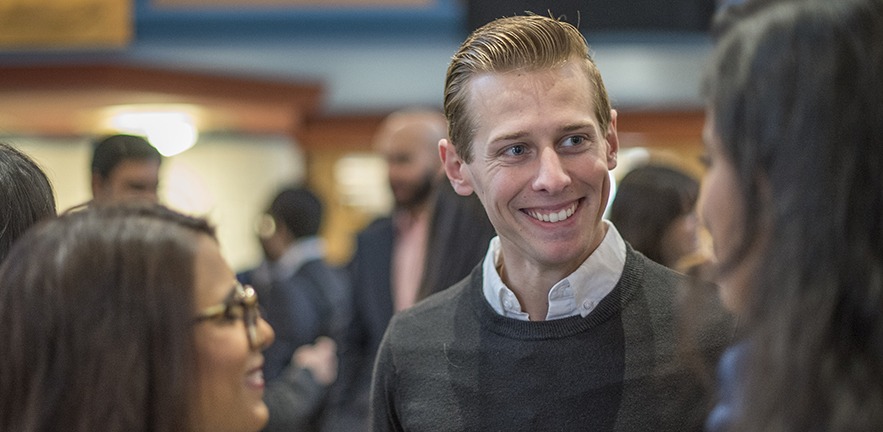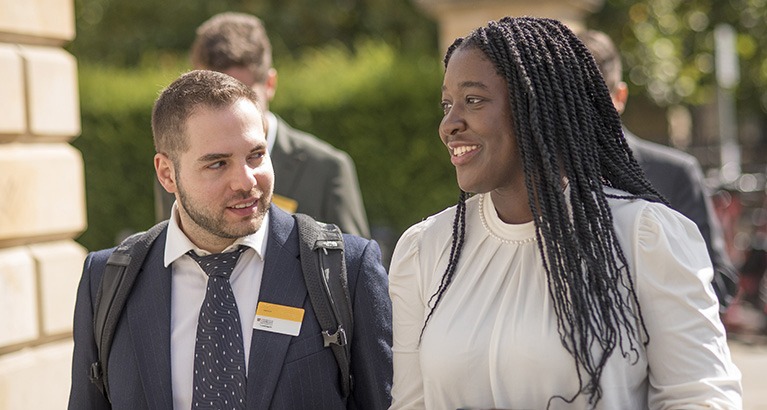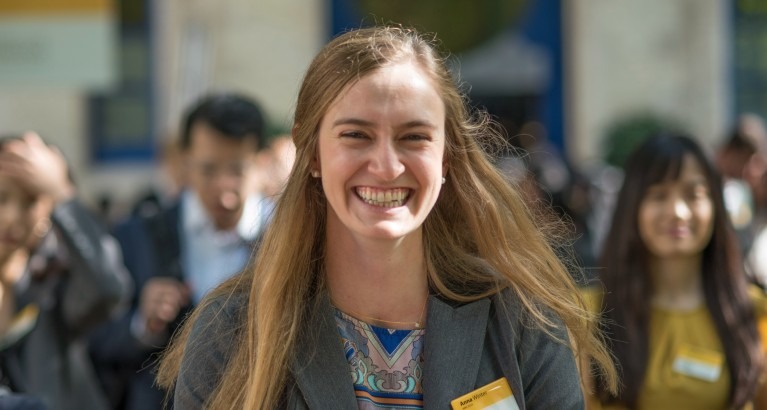Expectations, timings, and deadlines

“We receive over 1,000 applications each year and we typically have a cohort of around 200,” says Emily. “We work in 3s, so within 3 weeks of our round deadlines you will hear from us regarding your initial application. If you are then invited for an interview, you will hear from us again 3 weeks after the interview takes place.”
Cambridge does not work with rolling applications, instead running 5 rounds across the year for entry in September. After each round deadline, different members of the admissions team review each candidate which helps remove any unconscious bias.
1.The first hurdle: the application essay
Candidates must submit a series of essays as part of the application, ranging from your motivation to pursue an MBA to a question which prompts some self-reflection, to questions about your future career goals.
Emily says, “The essays are a strong component of your application, so you shouldn’t underestimate them. It’s important to do your research before writing them.”
Offering some advice, Emily continues, “One thing that stands out in a strong application essay is when candidates demonstrate what they are going to bring to the cohort and how they wish to contribute to the class as a whole during their year, not just what they hope to take away from the programme.”
2. What to expect from the interview
The MBA admissions committee comprises the MBA Executive Director, the MBA Academic Director, and members of the MBA admissions team. But also, all shortlisted candidates will be interviewed by a member of our academic faculty.
“Our lecturers and professors do all the MBA interviews at Cambridge. We are really firm on this policy, and I believe we’re one of the only schools, if not the only business school, that does it,” explains Emily. “It means that those teaching classes can input into who is selected for each cohort, but it also means the candidates get the chance to converse with those who will be teaching them. It’s a really vital part of the community building and collaborative ethos – starting early!”
As the candidates pass through the process, the team get a really well-rounded picture of each and every candidate. The interview itself does not just focus on the academics, but could cover any topic, not just your motivations and interest in studying at Cambridge.
Emily says, “The interviews are more of a conversation really – they are designed to see how the students think. How do they respond to new information, how do they assess it, and how do they come up with solutions and ideas in response to this?”
She continues, “Candidates who haven’t done their research on the programme or are unable to clearly explain their motivations for doing an MBA, can really stand out at this stage.”
3. Navigating the Cambridge collegiate system
When you are accepted into Cambridge Judge Business School you also officially become a member of the University of Cambridge too, and a member of one specific College (there are 31). Each College has a quota for MBA and postgraduate students, so Emily recommends getting your application for the MBA in as soon as possible to secure your first-choice College; she explains, “We strongly encourage you to apply early, if you want a good choice of Colleges to select from.”
She continues, “Some Colleges close their quota as early as Spring, ensuring those who apply in the early rounds 1-3, will have more choice open to them across the university.”
Colleges are where you will mainly live, eat, and socialise, alongside other students who could be studying any course that the wider university offers. The thinking behind this system is to bring together a broad range of minds and backgrounds for ideas to flourish.
4. Applying for funding: scholarships and bursaries
While all candidates who apply are automatically considered for bursaries, there is a different selection process for the wide range of scholarships on offer.
“If you are invited to interview, at that stage, you will also be invited to apply to our Cambridge Judge scholarships for the ones that you indicated on your application form.”
Some scholarships require a video assessment, while others go to a scholarships committee for review. In 2022 Cambridge launched a new suite of scholarships to support its goal to recruit a diverse cohort each year and make the Cambridge MBA possible for as many as possible.
“At Cambridge Judge Business School our people are our greatest asset. We take pride in the diversity of our community and promote an inclusive culture in which all are treated equally and have equal opportunity,” Emily explains.
5. An inclusive approach
Being admitted to the MBA is based largely on merit – achieving the academic standards and building the career experience to come to Cambridge and excel here. But mindset is equally important.
“We do understand that not all candidates live and work in fields or countries, nor come from backgrounds, that have allowed equal opportunity for postgraduate education. For that reason, we carefully assess every application in its entirety, taking into account influencing factors.
“Candidates interested in an MBA from Cambridge but who haven’t followed the traditional educational route or who don’t meet every detail in the entry requirements should not necessarily give up hope. In many cases, the right attitude can go a long way to securing your place,” explains Emily.
“I recall one candidate saying, ‘Thank you for taking a chance on me’. That student went on to achieve a distinction on completion of their MBA,” says Emily.
Applying for the MBA
We’re delighted you’re thinking of joining us. Innovators, world-shapers, ground-breakers – this is your place.
Related content
View Cambridge Judge’s profile page on MBATube.
Thank you to MBAGRADSCHOOLS for the original video interview from which this article is adapted.





